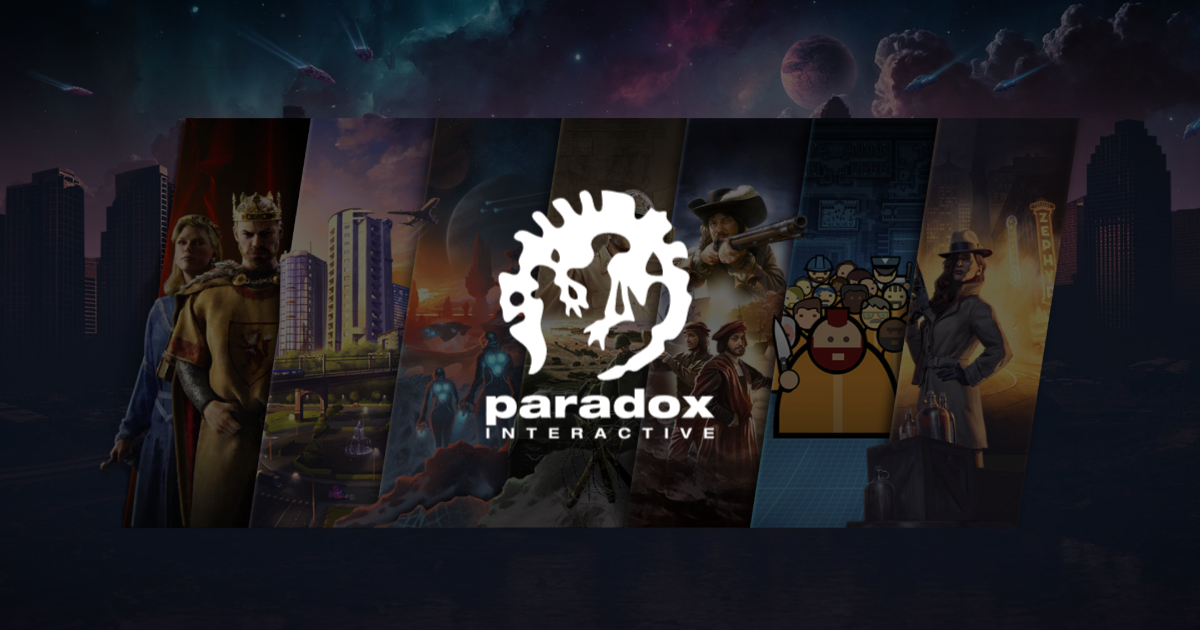"We cancel 70-80% of projects before release": Paradox Interactive's approach to development and the reasons for recent financial setbacks
Despite a turbulent period, Paradox Interactive remains a leading publisher of strategy games. The key to the long-term success of the Swedish company is a unique strategy that enables most releases to be profitable and demonstrates a margin level of 40%.
The history of Paradox Interactive dates back to the late 90s when it emerged as a video game division of the tabletop game publisher Target Games. A true starting point was in 2003, when Fredrik Wester joined the company. Under his leadership, Paradox became an independent entity and transformed into the publisher everyone knows today.
The company initially focused on developing complex strategy games and publishing projects from external studios. From 2000 to 2004, the four main and longest-running Paradox franchises were introduced: Europa Universalis, Hearts of Iron, Victoria, and Crusader Kings.
In the publishing sphere during the 2000s, the company released dozens of projects, including Galactic Civilizations II: Dread Lords and Mount & Blade. However, the first title in Paradox’s history to surpass one million copies sold was Magicka by the Swedish studio Arrowhead (Helldivers 2).
In 2016, Paradox Interactive, by then already established as a significant publisher and developer, became a public company. It held an IPO with a valuation of nearly 3.5 billion Swedish kronor (approximately $408 million based on the average exchange rate of that year).
Wester, who played a key role in the stock listing, remains the largest shareholder of the company with a 33.4% stake. Next are the Swedish investment firm Spiltan Invest (15.3%) and the Chinese giant Tencent (10.1%).
Since going public, Paradox shares have grown nearly 200% to 162.9 Swedish kronor each ($17.4). However, despite the overall growth, the company's market position is challenging to describe as stable. Since the beginning of 2025, shares have dropped by 23%, and over the past five years, they have plummeted by 40.7%.
We'll discuss the reasons for this decline a bit later. For now, let's analyze Paradox Interactive's strategy and its business approach, which have allowed it to build one of the strongest portfolios in the PC gaming market.

